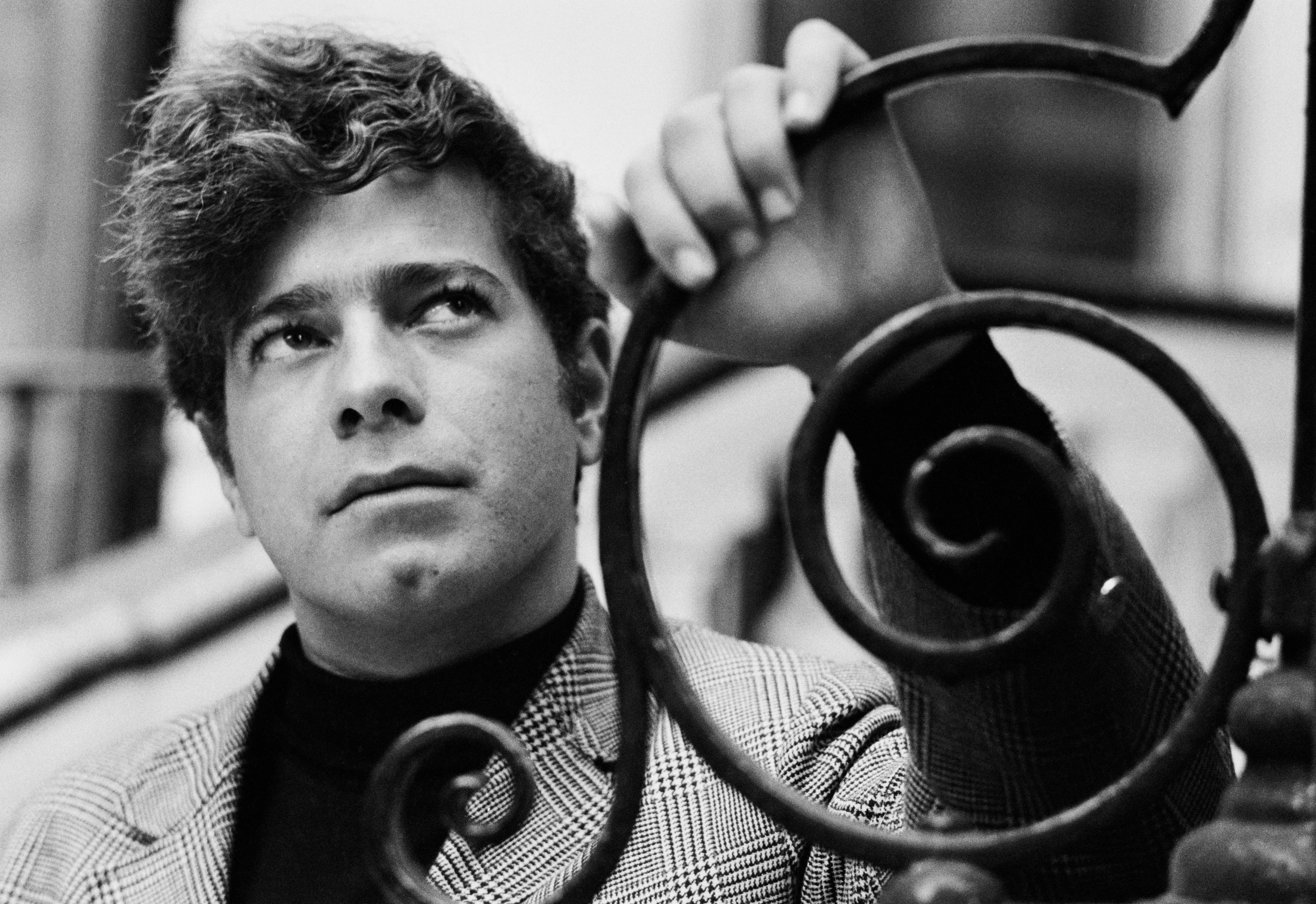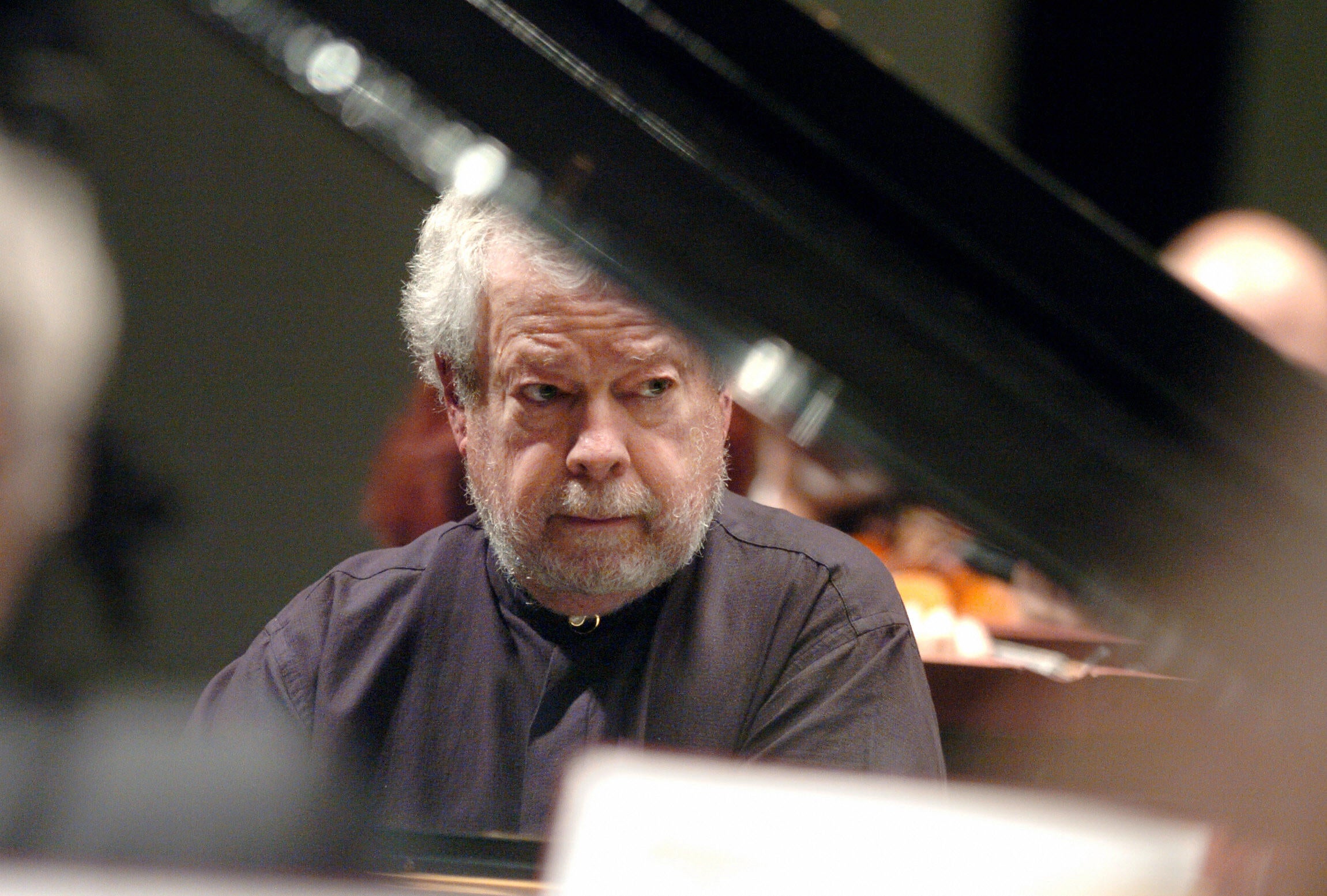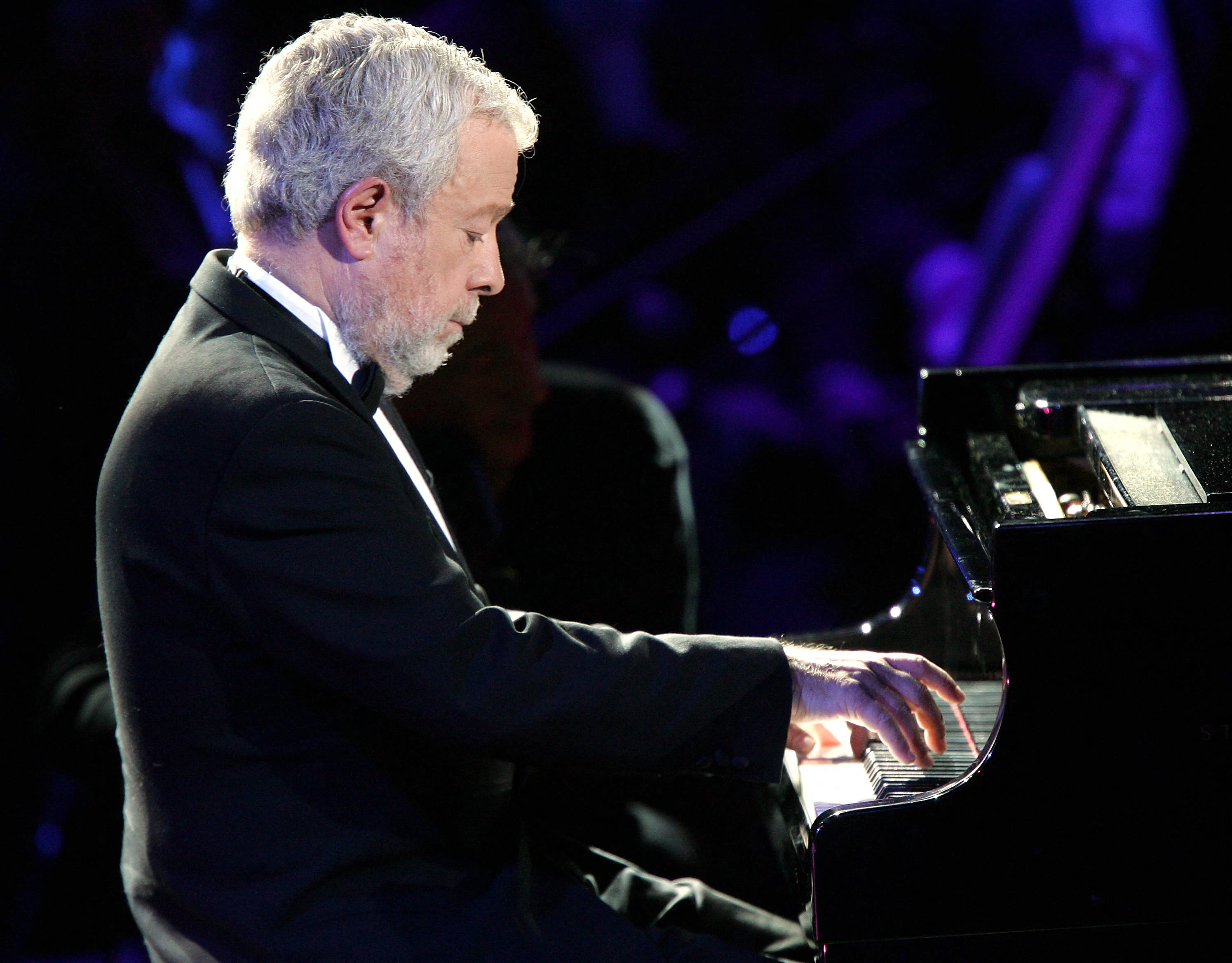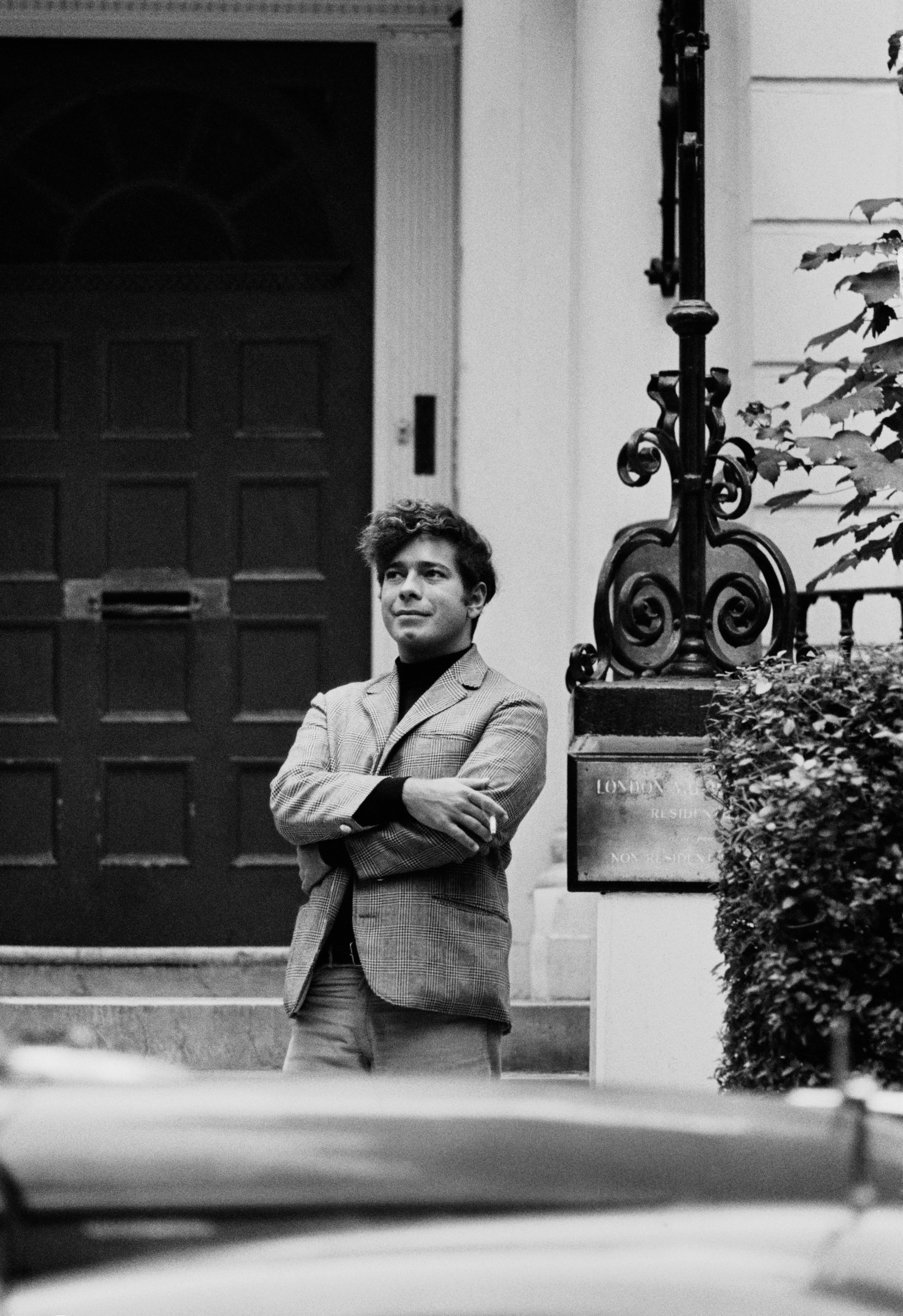Nelson Freire: Master pianist known for his expert handling of classics
The adored pianist was best known for his interpretations of Chopin and other composers from the Romantic period

Nelson Freire, a Brazilian pianist who won the admiration, if not adoration, of many classical music listeners for the understated sensitivity that he brought to the works of composers from Bach to Rachmaninoff, and especially Chopin, has died at 77.
Decca Classics, the label for which Freire had recorded exclusively since 2001, announced his death but did not provide other details.
Freire last performed in public in 2019, before reportedly sustaining a shoulder injury that required extensive surgery. His performances scheduled for last year were cancelled because of the pandemic.
Among those acquainted with his recitals and recordings, Freire was regarded as a pianist of consummate musicianship – one who sat stoically at the keyboard, dispensing with any theatrical flourishes of the hand or head and delivering invariably refined performances of works at the heart of the classical canon.
A shy person, he appeared uncomfortable in the spotlight of publicity, once recalling his manager’s rueful remark that they had managed to build Freire’s career despite his best efforts to hinder it. A fear of flying somewhat constrained Freire’s international travel schedule, although he did give dozens of performances around the world every year. Those appearances, along with his many recordings, helped forge his reputation as one of the finest pianists of his generation.
“Few pianists alive convey the sheer joy and exhilaration of being masters of their craft more vividly and uncomplicatedly than Nelson Freire,” music critic Andrew Clements wrote in The Guardian in 2014, describing him as a performer “for whom dazzling technique is just a means to a musical end, never something to be flaunted for its own sake”.

Freire performed for decades onstage and in the recording studio with Martha Argerich, a renowned Argentine pianist who, like Freire, was included in the Philips Records collection Great Pianists of the 20th Century.
They “simply tear into the music, letting the notes fall where they may”, music critic James R. Oestreich wrote in The New York Times, contrasting their style with the more cautious approach of other piano duos. “What's remarkable,” he continued, “is how many of [the notes] fall in the right places – and, yes, how excitingly.”
Freire’s repertoire included works by Mozart, Beethoven, Schubert, Schumann, Liszt, Brahms and Debussy. But he was best known for his interpretation of works from the Romantic period, particularly those of Chopin. In his hands, even a warhorse such as the Funeral March – the third movement of Chopin’s Piano Sonata No 2 – could sound new and revelatory.

“His briskness in Chopin's famous Funeral March restored dignity to the usual mopiness,” Times critic Bernard Holland wrote in a review of a 2007 recital at New York’s Metropolitan Museum of Art.
Freire received two Grammy nominations for his Chopin records and a third for an album of the Brahms piano concertos. In 2013, he received the Latin Grammy for best classical album for Brasileiro, featuring the works of Brazilian composers including Heitor Villa-Lobos.
“Every person I know who knows anything about the piano cannot figure out why he's not a household name,” the pianist Ivan Davis once told Baltimore Sun critic Tim Smith. “Nelson always satisfies me totally. He plays everything the way I always hoped it would be played.”
Nelson Jose Pinto Freire was born in Boa Esperanca, in southeastern Brazil, on 18 October 1944. Described as a musical prodigy, he began playing the piano by ear at age three after hearing his older sister practice.

Having recognised his talents, his family sent him on five-hour treks to weekly lessons in the nearest city, the Boston Globe reported. They later moved to Rio de Janeiro so that he could pursue more formalised lessons.
In 1957, the year he turned 13, Freire performed Beethoven’s Emperor concerto at the Rio de Janeiro International Piano Competition, winning a scholarship to continue his musical studies in Vienna.
“That was the first, the most important, thing in my musical life,” he told the Australian cultural publication Limelight in 2018. “It opened my mind – my musical mind – because it was the first time I was dealing with pianists from all over the world.”
After beginning his professional career in Europe, Freire debuted with the New York Philharmonic in 1970, performing Rachmaninoff’s Piano Concerto No 4. “A total unknown in the US only a year ago, Freire now ranks as one of the most exciting new pianists of this or any other age,” a music critic wrote in Time magazine.
Freire had by then already begun his recording career, which would last half a century. In 2019, he released his final album, titled Encores.
He is survived by a brother, Nirval.
In 2003, Freire was the subject of a documentary, Nelson Freire, by filmmaker Joao Moreira Salles, examining the role of music in his life.
“I couldn't live without Chopin,” Freire told The Sun in 2002. “A critic wrote that Chopin lived in his pyjamas in my heart. I don’t know about that, but a feeling for his music was always there, I guess. It came naturally.”
Nelson Freire, pianist, born 18 October 1944, died 1 November 2021
© The Washington Post
Join our commenting forum
Join thought-provoking conversations, follow other Independent readers and see their replies
Comments

Bookmark popover
Removed from bookmarks